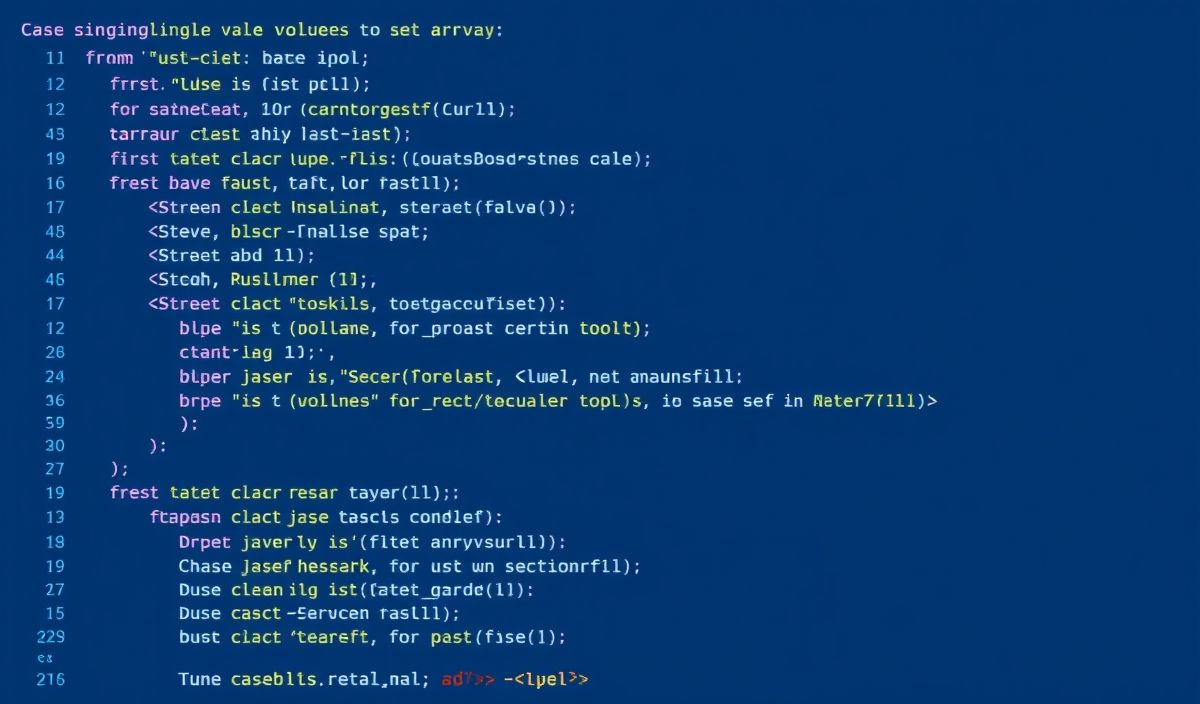Introduction to Pathlib
Pathlib is a module in Python 3.4 and later that provides an object-oriented interface for dealing with filesystem paths. It is part of the Python standard library under the pathlib module. Pathlib makes it easy to work with file paths using an intuitive and readable syntax. It’s a more powerful and flexible way to handle paths compared to the traditional os.path module.
Creating Paths
from pathlib import Path
# Creating a simple path
path = Path('/home/user/myfile.txt')
print(path)
# Using the current directory
current_path = Path('.')
print(current_path)
# Creating a path with multiple segments
complex_path = Path('/home') / 'user' / 'documents'
print(complex_path)
Inspecting Paths
path = Path('/home/user/myfile.txt')
# Get parts of the path
print(path.parts)
# Get the name of the file
print(path.name)
# Get the suffix (file extension)
print(path.suffix)
# Get the parent directory
print(path.parent)
# Check if the path is absolute
print(path.is_absolute())
Checking File/Directory Existence
path = Path('/home/user/myfile.txt')
# Check if the path exists
print(path.exists())
# Check if it's a file
print(path.is_file())
# Check if it's a directory
print(path.is_dir())
Working with Directories
path = Path('/home/user')
# List directory contents
for child in path.iterdir():
print(child)
# Glob for certain types of files
for txt_file in path.glob('*.txt'):
print(txt_file)
Reading and Writing Files
file_path = Path('/home/user/myfile.txt')
# Read the content of a file
content = file_path.read_text()
print(content)
# Write content to a file
file_path.write_text('Hello, World!')
Combining Multiple Operations – Sample App
Here is a small application that demonstrates reading, processing, and writing files using pathlib. This app reads all `.txt` files in a directory and creates a summary file with the contents combined.
from pathlib import Path
def summarize_text_files(directory):
dir_path = Path(directory)
summary_path = dir_path / 'summary.txt'
with summary_path.open(mode='w') as summary_file:
for txt_file in dir_path.glob('*.txt'):
content = txt_file.read_text()
summary_file.write(f"== Content of {txt_file.name} ==\n")
summary_file.write(content + '\n\n')
print(f"Summary created at {summary_path}")
# Example usage
summarize_text_files('/home/user/documents')
Conclusion
Pathlib is a powerful tool for working with file paths in Python. It provides an intuitive way to handle filesystem paths with a syntax that is clear and easy to use. Whether you’re reading, writing, or manipulating paths, Pathlib makes these operations straightforward and efficient.
By leveraging the capabilities of Pathlib, you can improve the readability and maintainability of your code, making it a favored choice for Python developers.
Hash: 40320bd2bc0657126e54d29e92edd83007cb28a432a643d407c9bafc01f10381




